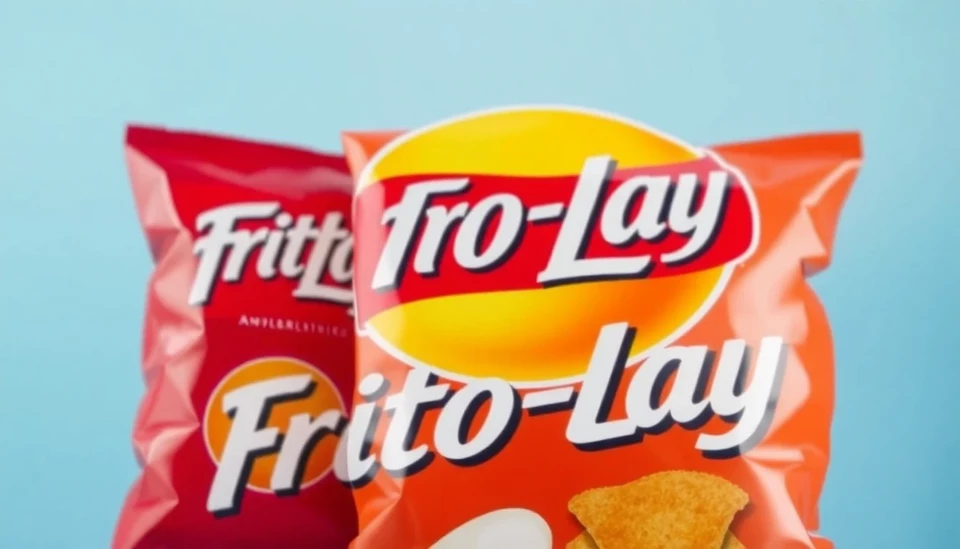
The Turkish Competition Authority has imposed a substantial fine of 1 billion lira (approximately $36 million) on Frito-Lay, the renowned snack food division of PepsiCo, for engaging in practices deemed anti-competitive. This penalty comes as part of a broader review by the authority, which is actively scrutinizing market behavior across various sectors to ensure fair competition.
According to the regulatory body, Frito-Lay's actions included imposing "unfair trading conditions" on distributors and retailers regarding pricing policies and shelf space allocation. These practices were found to violate established rules designed to maintain a level playing field among competitors, alongside consumers' right to fair pricing.
The investigation into Frito-Lay's practices began nearly two years ago, reflecting the regulatory agency's ongoing efforts to tackle antitrust issues within Turkey's snack food market. The Competition Authority has been progressively tightening its grip on companies that it believes utilize their substantial market presence to stifle competition, underlining a shift towards stricter enforcement of competition laws in the region.
Frito-Lay's fine is not an isolated incident; rather, it signals the Turkish government's increasing vigilance towards large corporations that dominate the market. The stakes are particularly high given Turkey’s unique economic landscape, where regulatory frameworks are often perceived as less stringent. The sharp increase in antitrust actions serves as a warning for other companies operating within the jurisdiction that compliance with market regulations is becoming non-negotiable.
In response to the fine, Frito-Lay has expressed its disappointment, asserting that it will appeal against the decision. The company insists it is committed to maintaining fair market practices and believes that its business operations adhere to the law. Frito-Lay's global reputation and its significant stake in the Turkish snack market highlight the potential consequences of this ruling, not just for the company but also for the overall industry operations moving forward.
This fine may very well influence how multinational corporations approach their business strategies in Turkey, potentially leading to a recalibration of their interactions with local partners and suppliers. Analysts predict that Frito-Lay's situation could prompt other major players in the food industry to reassess their business practices in the region to mitigate the risk of falling afoul of regulatory scrutiny.
The Turkish Competition Authority's move reflects a more significant trend in global markets, where regulatory bodies are increasingly taking action against monopolistic behaviors that undermine fair competition. Observers are keenly watching this development, as it could pave the way for tougher regulations and greater accountability for corporations operating within potential antitrust frameworks worldwide.
As consumers and the market watch closely, the resolution of this case will likely set a precedent for future dealings within Turkey's snack food industry, as well as for multinational companies navigating the complexities of international trade laws.
In conclusion, the fine levied against Frito-Lay stands as a critical statement about the importance of fair competition in the marketplace. How the company reacts in the coming months, along with the outcome of its appeal, will undoubtedly influence not only its operations but also how other businesses strategize in a market where regulatory agencies are increasingly empowered to enforce compliance rigorously.
#FritoLay #Antitrust #Turkey #PepsiCo #CompetitionAuthority #SnackIndustry #MarketRegulations
Author: Samuel Brooks




